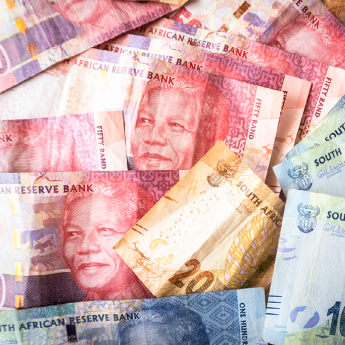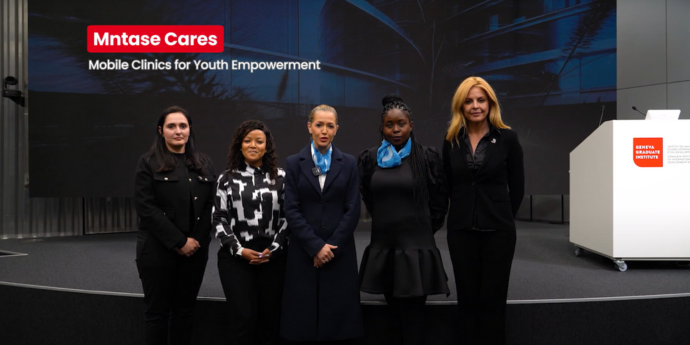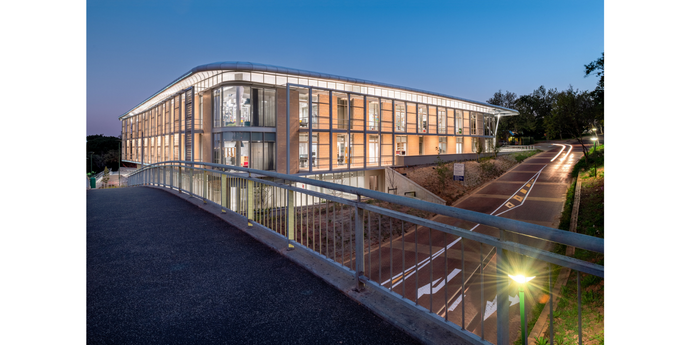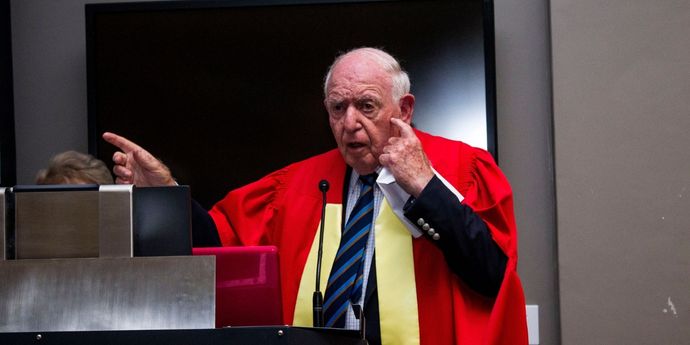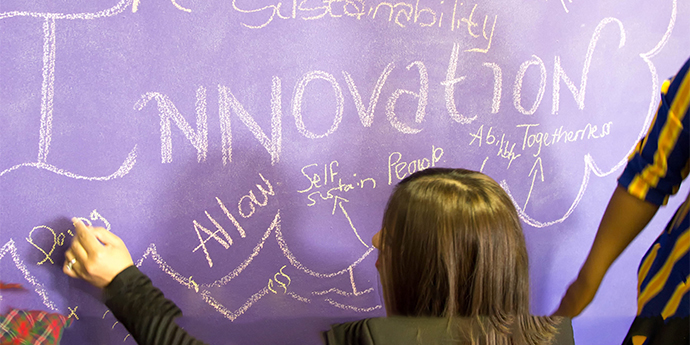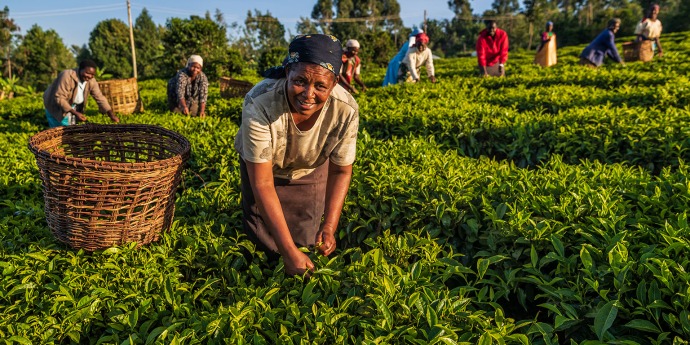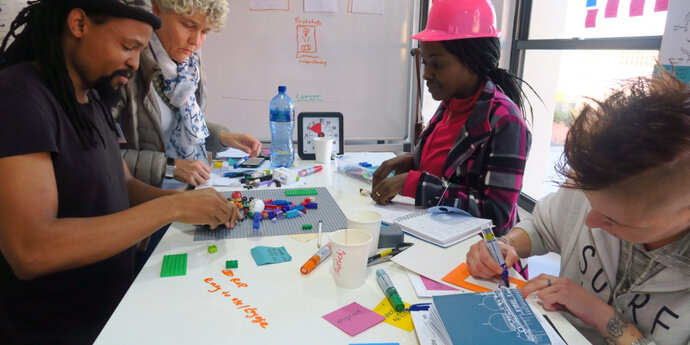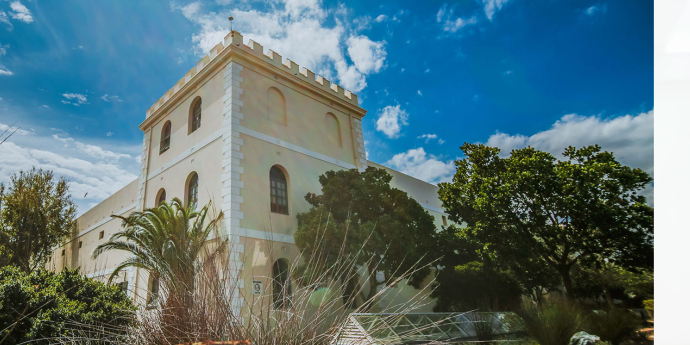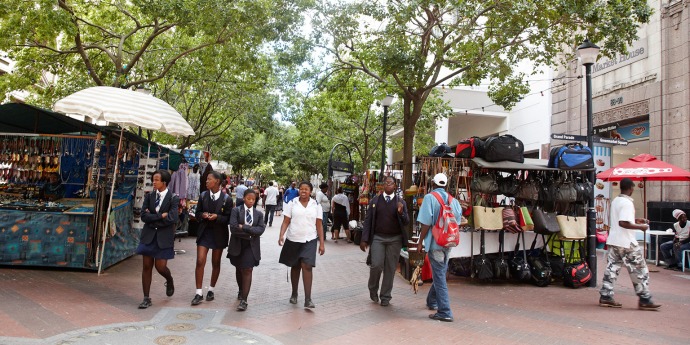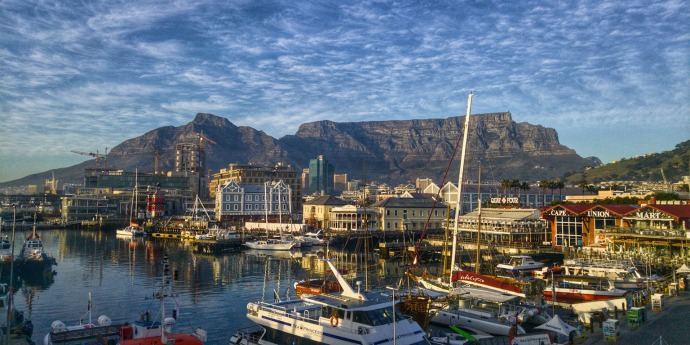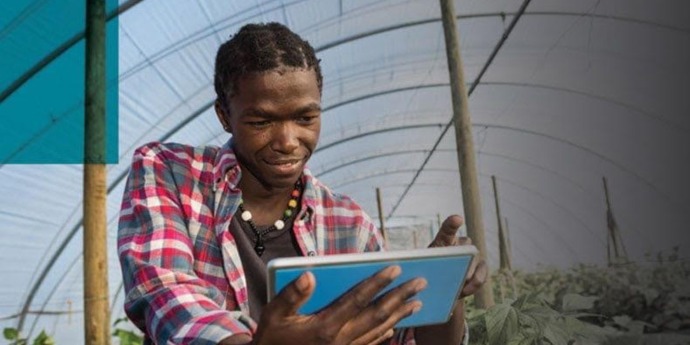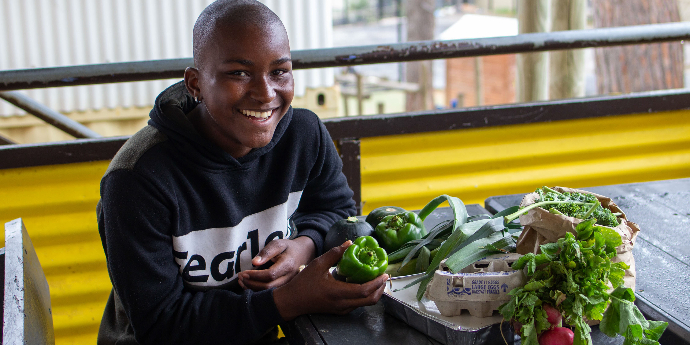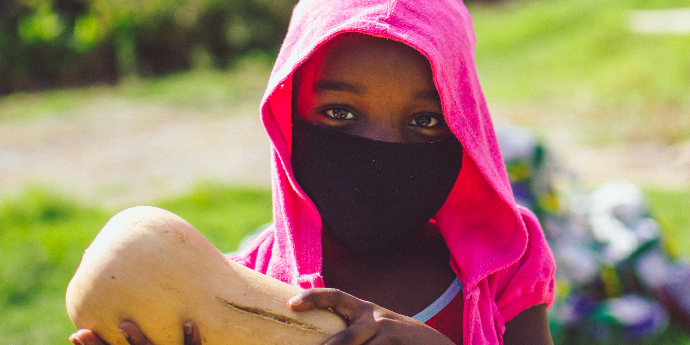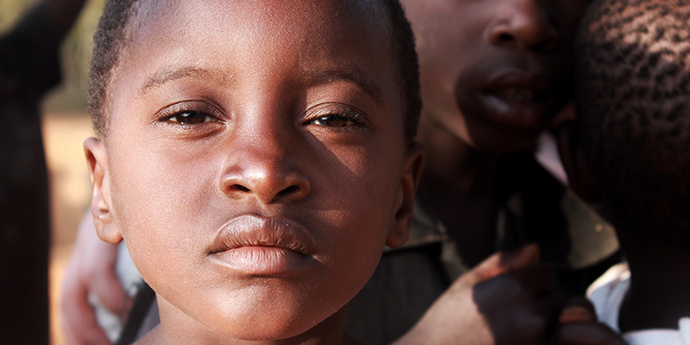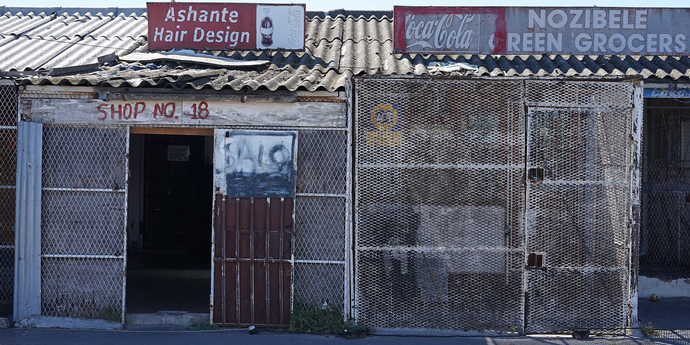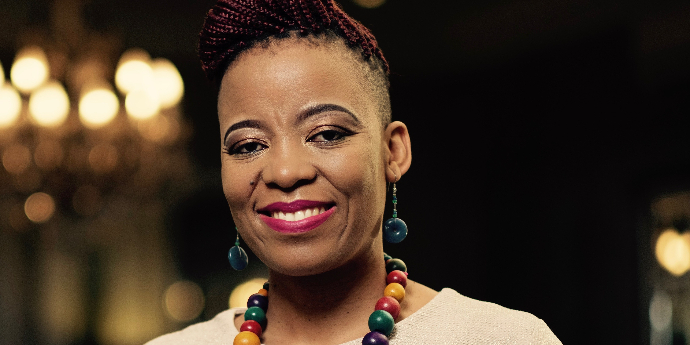New finance minister Enoch Godongwana faces the mammoth task of addressing South Africa’s deeply-entrenched economic challenges. Putting green economic policies at the heart of his strategy can unlock benefits for workers – not just the environment.
Make no mistake: the country desperately needs to try something new. While the economy has grown exponentially since 1994, economic inclusiveness remains dismal, with inequality significantly higher today than at the dawn of democracy. Recent shocks have intensified these concerns. The COVID-19 pandemic has ravaged 1.5 million jobs and worsened the unemployment rate to a third of the labour force. The economic fallout means a million more people will join the many that already lived in poverty before the virus took hold.
Against this backdrop, the recent, economically devastating unrest experienced in parts of the country was a case of when, not if. South Africa is in desperate need of effective economic interventions that can place the country on a more inclusive economic footing and safeguard against future socioeconomic setbacks.
Green transition will create winners and losers Minister Godongwana knows the mountain we have to climb and recently called for South Africa to embrace a new growth strategy. According to the minister, SA’s approach must include structural reform and public spending in strategic sectors, paired with temporary social relief for the most vulnerable. However, one critical aspect not directly addressed in his stance is the need for any growth strategy to reinforce the country’s transition to a green economy.
Although the global economy has enjoyed accelerating growth over recent decades, this has only been achieved at a significant cost to the environment. Faced with mounting environmental degradation and climate risks, the global community is increasing efforts to secure the future of the planet and its natural resources for current and future generations. These considerations are at the heart of the green economy, an economic approach that emphasises natural resource efficiency, a lower environmental footprint, and improved economic inclusion and employment growth.
As the world starts to shift in this direction, South Africa faces significant transition risks linked to its carbon-intensive economy. According to the Climate Policy Initiative (CPI), the country’s transition risks amount to more than R1.7 trillion between 2013 and 2035. Much of this relates to factors such as reduced demand for key economic exports, including coal and metals, and the closure of non-renewable energy facilities. The country’s export competitiveness is likely to suffer as global economies start to impose carbon taxes on imports, for example the EU’s Carbon Border Adjustment Mechanism, which will require proof of low carbon emissions on all imports.
In contrast, and based on modelling by the International Labour Organization (ILO), South Africa’s green economy transition can enhance projected economic growth in the years through to 2030. Across the globe, a post-transition economy would create about three new jobs for each one lost, with most new positions favouring low and medium skill workers. By this measure, South Africa has more to gain than lose by starting the inevitable transition now.
Moving green policies from the periphery to centre stage A number of policy instruments, including the National Development Plan and New Growth Path, indicate the relevance of the green economy for South Africa. The country is also a signatory to the Paris Agreement, an international treaty intended to limit the effects of climate change. However, opportunities remain to better emphasise and secure the transition. A UNEP assessment of South Africa’s green policy environment, for example, noted the presence of supportive frameworks but says these fall short of a systematic green development vision.
Here, as elsewhere across the world, the green economy is often treated as a mere add-on to traditional economic activities. Inadequate integration hinders the use of green strategies to reduce inequality or foster long-term economic competitiveness.
Alongside policy imperfections is the risk that beneficial investments, such as building renewable energy infrastructure, are diminished by other commitments that increase transition risks. CPI notes that established government capital investment incentives, including fiscal incentives and procurement frameworks, encourage new investments in areas that simply amplify the economic peril. It observed at least R360 billion in added, yet avoidable, transition risks, linked to areas including mining and oil refinement.
The green transition has already begun, and current actions and forthcoming economic strategies will either help or hinder it. Done right, we can achieve both a more sustainable economy and a meaningful economic transformation for the most vulnerable in society. Godongwana must put green economic policy and investment activity at the heart of his strategy – not the periphery.
Barry Panulo is a Senior Project Manager at the UCT Graduate School of Business Bertha Centre for Social Innovation and Entrepreneurship and co-leads its Impact Investment and Innovative Finance work.

